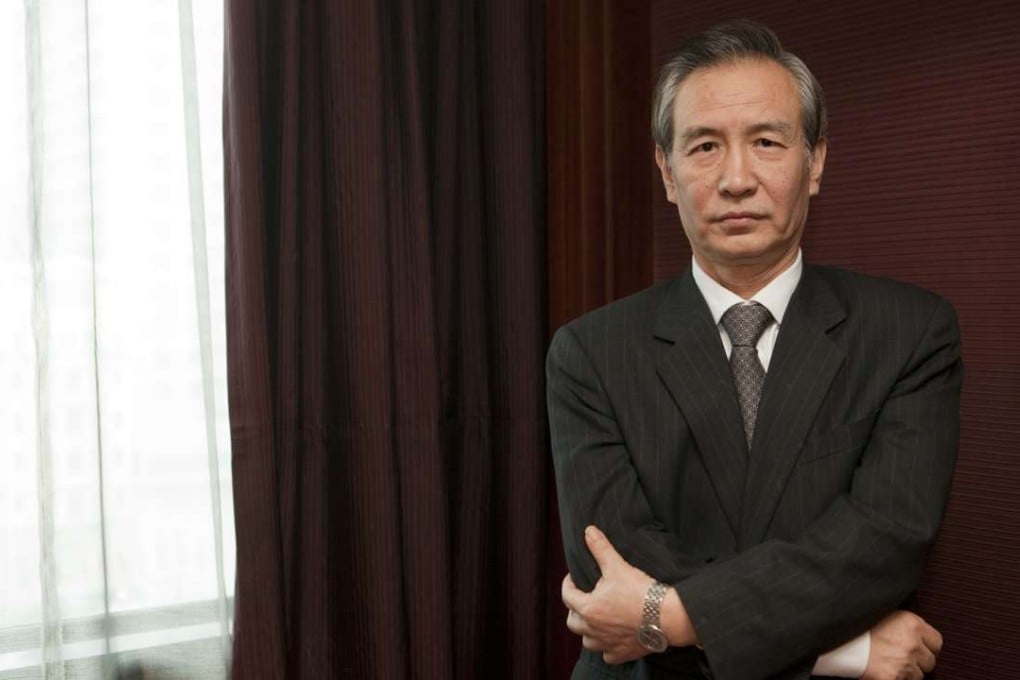How Liu He went from government researcher to Xi’s right-hand man
Liu He lacks a notable official title, but his keen mind and knowledge of the global economy make him a key macro planner for the president

At the World Economic Forum in Davos in 1993, Liu He, then a junior Chinese government official, attended a round-table debate about the future of the world’s economy. “I was the lowest-ranking official at the table but got most of the questions,” Liu recalled in an article published in 2008.
He wrote that Lee Kuan Yew, the founding prime minister of Singapore, told him China had to pay attention to urbanisation.
“China’s biggest challenge is urbanisation ... it is a process that will change the world,” Liu quoted Lee as telling him. “Lee Kuan Yew is right.”
In the next quarter of century, Liu, who holds a master’s degree in public administration from the Kennedy School of Government at Harvard University and bachelor and master’s degrees in economics from Beijing’s Renmin University, has gone from a government researcher to the right-hand man of President Xi Jinping when it comes to economic policy, as they search for a path to balanced and sustained prosperity.
Xi introduced Liu, now 65, as “very important to me” during a visit to Beijing by US national security adviser Tom Donilon in 2013, The Wall Street Journal reported. Liu, as director of the General Office serving the Communist Party’s Leading Group for Financial and Economic Affairs, is at the core of Xi’s inner circle and he has accompanied Xi on most of his overseas trips as president.